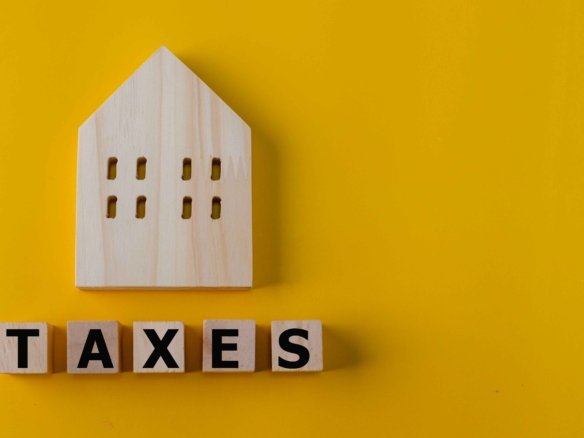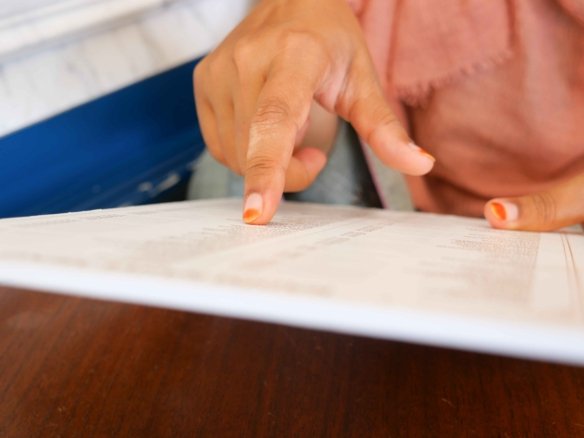Tax deed investing has become a popular strategy for real estate investors looking for discounted properties with the potential for high returns. When a property owner fails to pay their property taxes, the county government can auction off the property to recover the unpaid taxes. This process is known as a tax deed sale. At first glance, it may seem like an easy way to acquire property for a fraction of its value, but there’s more beneath the surface. One of the most critical aspects of success in this field is conducting thorough due diligence before placing any bids.
What Is Due Diligence in Tax Deed Investing?
Due diligence in tax deed investing means doing your homework before buying a property. It’s the process of researching and verifying all the important details about a property before committing your money. Unlike traditional real estate transactions, where you often have more time and access to property information, tax deed sales require a faster decision-making process. That’s why understanding what you’re getting into beforehand is essential.
Why Rushing Into a Deal Can Be Risky
New investors are often lured by the low starting prices at tax deed auctions. However, rushing into a deal without investigating the property can lead to serious financial losses. Some tax deed properties come with hidden issues such as code violations, demolition orders, or environmental problems. Others may have liens that aren’t wiped out after the sale. If you don’t take the time to uncover these risks, you might end up with more problems than profits.
Hidden Costs That Can Surprise You
One of the main reasons due diligence is so important in tax deed investing is because of hidden costs. Beyond the auction price, you may be responsible for paying off HOA fees, municipal fines, or even cleaning up debris from a neglected property. Sometimes the taxes owed are just the tip of the iceberg, and without checking the property’s full financial picture, you could end up paying much more than expected.
The Importance of Verifying Property Ownership
It’s critical to confirm the current ownership of a property and ensure that the property is actually included in the auction list. Counties can occasionally make clerical errors, and investors might unknowingly bid on the wrong parcel. Making sure the legal description and parcel number match the physical property you’re targeting helps you avoid costly mistakes.
Condition of the Property Can Make or Break the Deal
A major factor that impacts the value of any property is its condition. Many tax deed properties are abandoned or neglected, which means there could be structural issues, mold, or pest infestations. Since most counties do not allow interior inspections before the auction, you’ll need to assess the exterior and gather as much information as you can from public records, satellite images, and any past listings. These insights can help you decide if the investment is worth the risk.
Zoning and Land Use Restrictions
Not every piece of land is suitable for your investment goals. Some properties may be zoned for industrial use, wetlands, or even have easements that limit what you can do with them. Reviewing the zoning and land use codes ensures that you’re buying a property that aligns with your intended purpose—whether it’s to resell, rent, or build. Ignoring these factors could leave you with a property that doesn’t fit your strategy or has limited resale value.

The Title Status Matters More Than You Think
Many tax deed investors overlook the importance of obtaining clear title. Even if you win a property at auction, that doesn’t automatically mean you have marketable title. In some states, a tax deed does not eliminate all prior encumbrances. You may need to go through a quiet title action to clear up the ownership and make the property sellable. This process costs time and money, which should be factored into your decision before you bid.
Understanding Redemption Periods
Some tax deed sales include a redemption period where the original owner has a legal window to reclaim the property by paying the back taxes and penalties. Buying a property with an active redemption period can tie up your investment for months or even years. Not knowing the redemption rules in your county or state can cause confusion and disrupt your plans. Always verify the status of the redemption period before investing.
Investigating Neighborhood Trends
A great deal on a property doesn’t mean much if it’s located in an undesirable or declining neighborhood. Neighborhood trends significantly impact property value and rental potential. Check crime rates, school ratings, infrastructure development, and local amenities. Understanding the surrounding area helps you estimate future appreciation and whether the property will be attractive to buyers or tenants.
Checking for Active Liens and Judgments
Although many liens are extinguished by a tax deed sale, not all of them are. Federal tax liens, certain municipal liens, and court judgments can survive the sale and become your responsibility. Reviewing public records and contacting the county or a title company can help uncover any financial baggage the property might be carrying. Knowing what stays and what goes protects you from unexpected expenses.
Legal and Ethical Considerations
Tax deed investing operates under a specific legal framework. Each state—and sometimes each county—has different rules and timelines. Misunderstanding these laws can not only cost you financially but may also land you in legal trouble. Furthermore, ethical investing means respecting the rights of former property owners and following all local and state procedures carefully. Doing the right thing is just as important as doing your research.
Partnering With Local Experts
If you’re new to tax deed investing, partnering with local real estate professionals can provide valuable insights. Real estate agents, attorneys, contractors, and title companies can help you better understand the market and avoid rookie mistakes. They can also assist in evaluating the potential of a property, estimating rehab costs, and navigating legal processes like quiet title actions.
Building a Repeatable Due Diligence Process
Success in tax deed investing isn’t about getting lucky—it’s about being prepared. Creating a repeatable due diligence checklist allows you to evaluate each property consistently. This can include verifying property data, checking for liens, researching neighborhood trends, estimating repair costs, and confirming zoning regulations. A solid system minimizes risks and increases your chances of profitable investments.
Conclusion: Knowledge is Your Best Investment
At its core, tax deed investing is all about turning distressed assets into opportunities. But without proper due diligence, those opportunities can quickly become liabilities. The time and effort you invest in research can save you thousands of dollars and countless headaches. By understanding the property, the market, and the rules of the game, you put yourself in the best possible position to succeed.
Whether you’re just getting started or are looking to refine your strategy, due diligence isn’t just important—it’s absolutely essential. With the right knowledge and approach, tax deed investing can be a powerful way to build wealth and grow your real estate portfolio.






Join The Discussion